Group Leader
Gerd Meyer zu Hörste
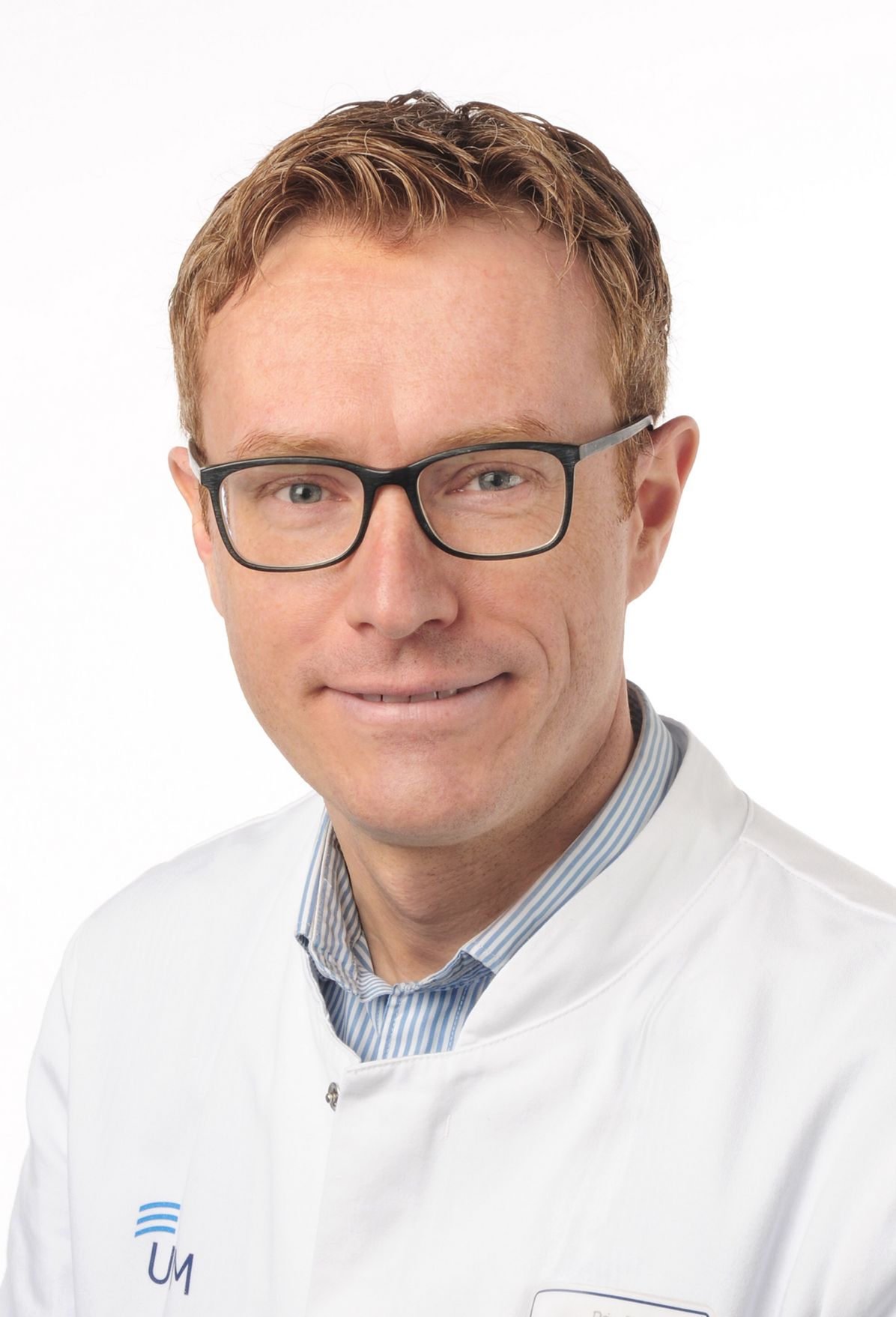
Prof. Gerd Meyer zu Hörste, MD is an Attending Neurologist at the Department of Neurology at the University Clinic Münster and Heisenberg Professor at the University of Münster. The overarching theme of his research is to understand the relationship between the nervous system and the immune system in health and disease with a special focus on brain borders and utilizing advanced transcriptomics.
gerd.mzh(at)uni-muenster(dot)dePost-Docs
Deepak Balamurali
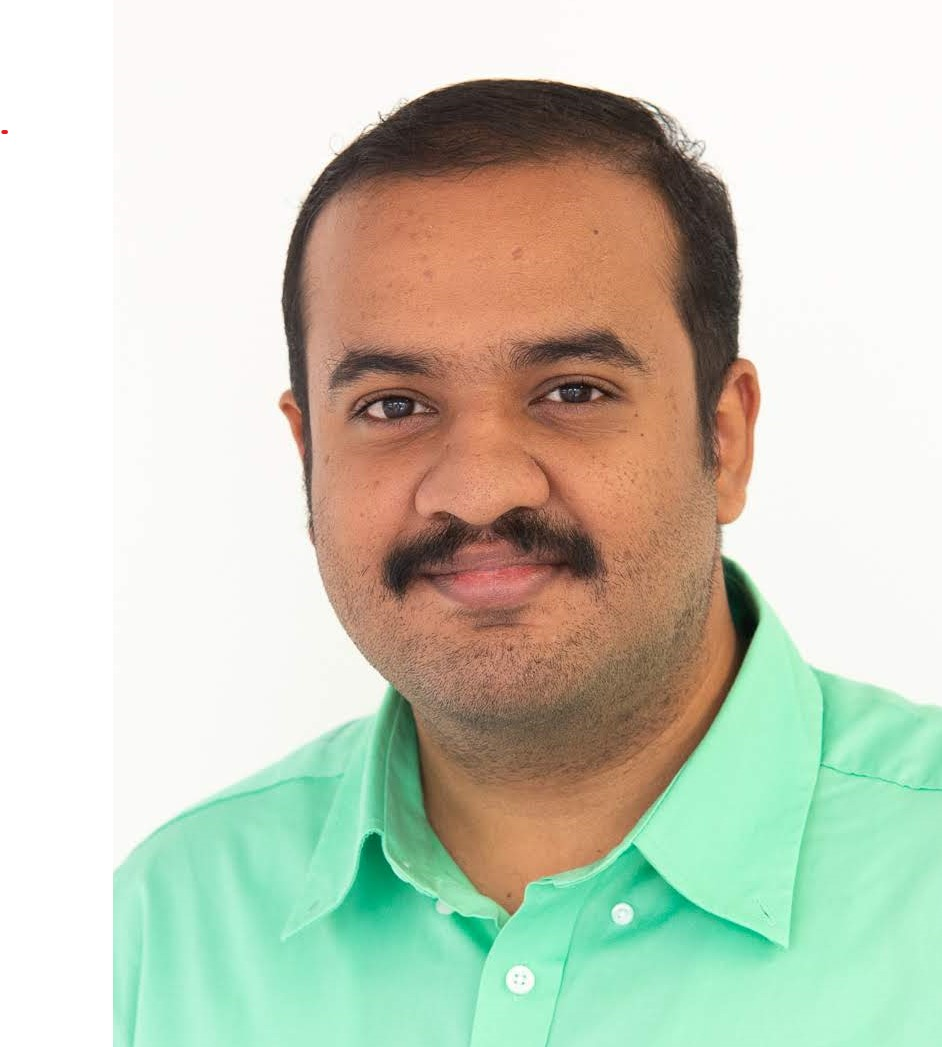
Deepak Balamurali completed his Master's in Biotechnology from SRM University, India and received his doctorate in Cardiovascular Genomics from Maastricht University, The Netherlands, as part of an EU-MSCA consortium, TRAIN-HEART. Deepak has a special interest in Next Generation Sequencing and Single-Cell Biology, particularly in developing and standardizing new techniques. He has been working in the research group of Prof. Dr. Meyer zu Hörste at the Department of Neurology with Institute for Translational Neurology at Muenster University Hospital since January 2025.
Deepak.Balamurali(at)ukmuenster(dot)deMichael Heming
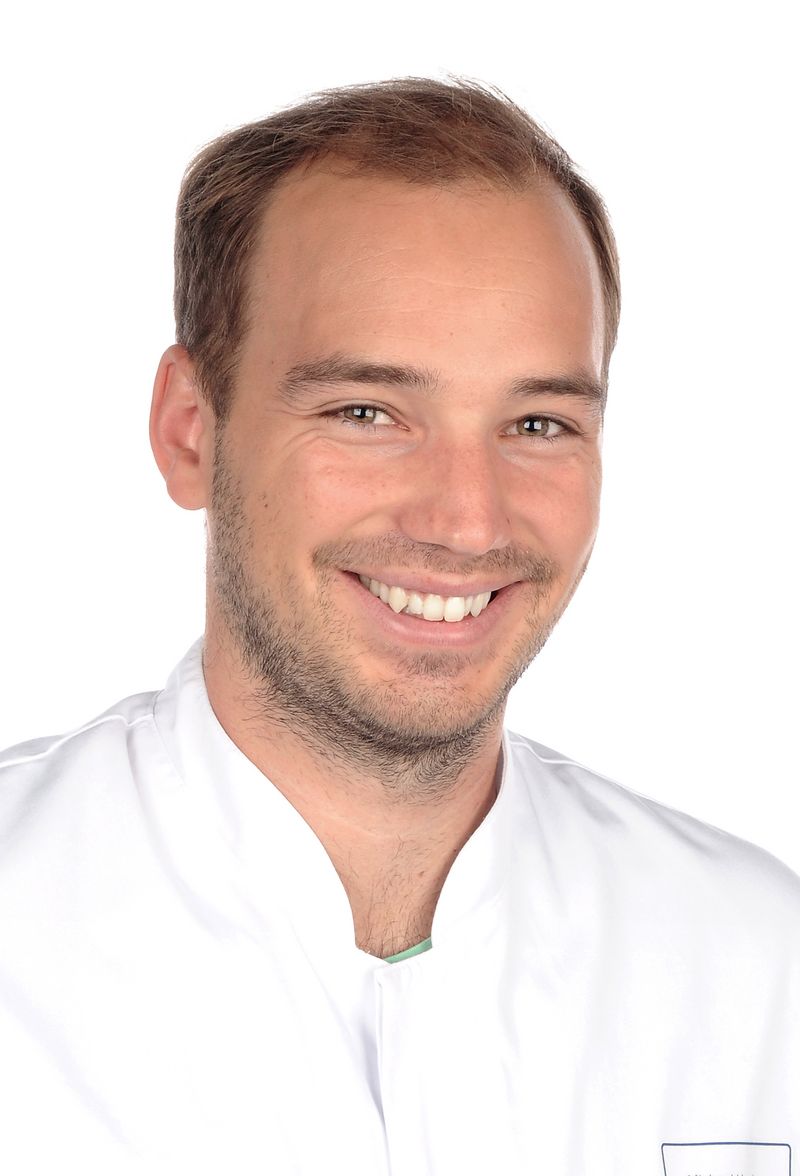
Michael Heming, MD is a clinical scientist focusing on neuroimmunology, single cell transcriptomics and data analysis. He is also a resident Neurologist in the Department of Neurology of the University Hospital Münster.
michaeloleg.heming(at)ukmuenster(dot)deLouisa Müller-Miny
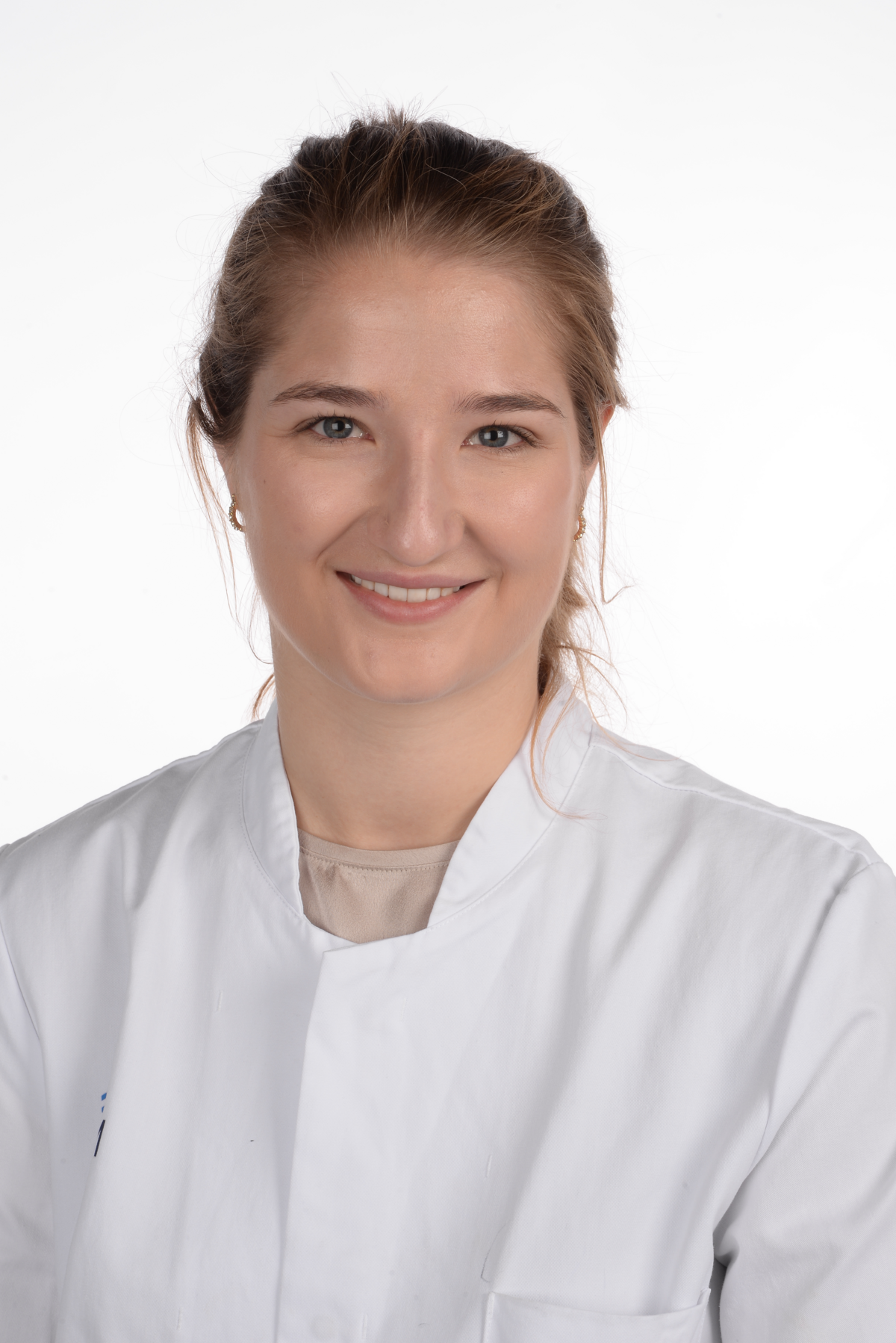
Louisa Müller-Miny, MD is resident at the Department of Neurology with Institute of Translational Neurology with a special interest in spontaneous and treatment-related autoimmunity of the nervous system across neuro-oncology and neuro-immunology.
louisa.mueller-miny(at)ukmuenster(dot)deWang Xuesong
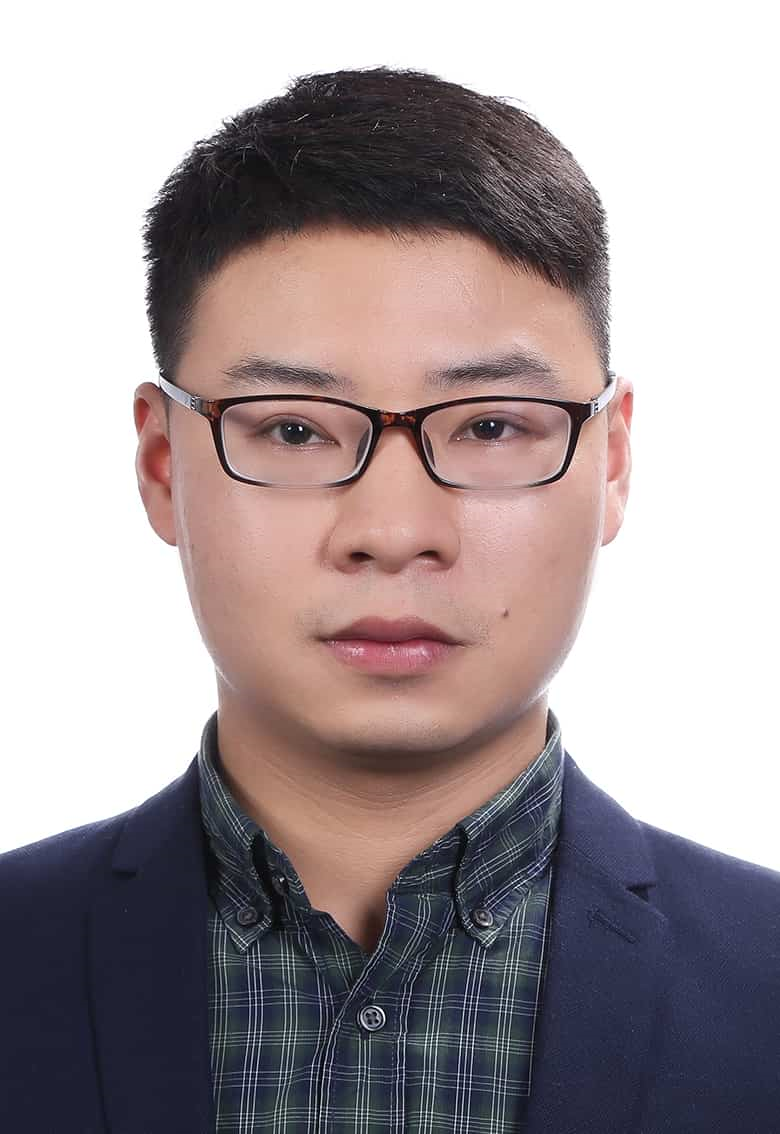
Wang Xuesong holds a Master's degree in Bioinformatics from Freie Universität Berlin and has experience in full-stack development and neural networks at an automotive R&D company in Berlin. During his PhD, he focused on single-cell sequencing to study Arabidopsis thaliana's cell cycle and developed PMET software for gene regulation research. His interdisciplinary expertise and innovative contributions make him a valuable addition to any team.
wangxuesong29(at)gmail(dot)comVisiting Scientist
Raphaël Bernard-Valnet
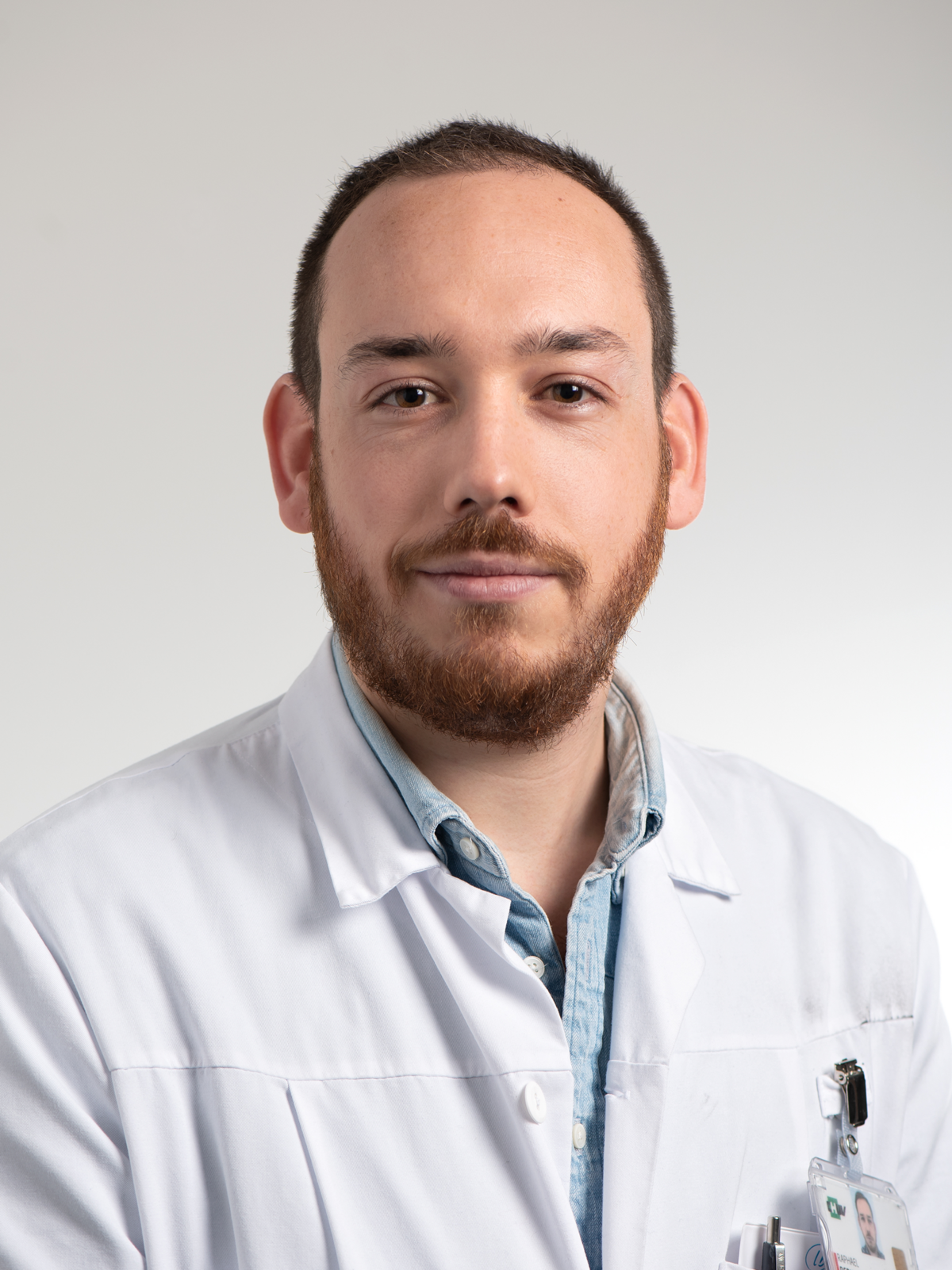
Raphaël Bernard-Valnet, MD, PhD, is a physician-scientist with a strong interest in neuroimmunology, particularly in uncovering how inflammation contributes to the pathogenesis of neurological disorders. He currently serves as a Neuroimmunology Fellow at Lausanne University Hospital (Switzerland) and joined MzH group as visiting scientist to focus on single-cell transcriptomics approaches applied to neurology.
Raphael.Bernard-Valnet(at)chuv(dot)chPhD students
Anna-Lena Börsch
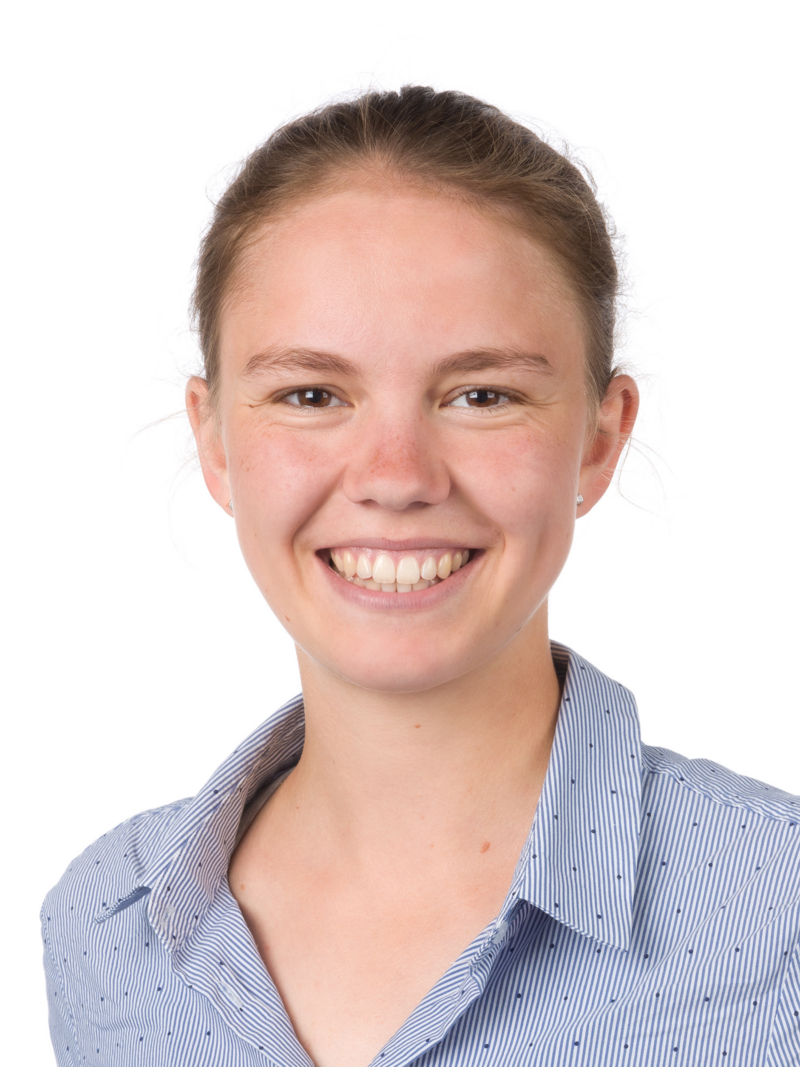
Anna-Lena Börsch received her M.Sc. in Molecular Biomedicine from he University of Münster in 2022. She joined the lab as a student helper and subsequently focused her bachelor thesis in 2019 on immune cell infiltrations in EAE. She joined the MzH-group for her PhD in 2022 and is especially interested in cell trafficking in the meninges during health and disease. In addition, she supports the research group with illustrations for publications.
anna-lena.boersch(at)ukmuenster(dot)deTimm Kühnel
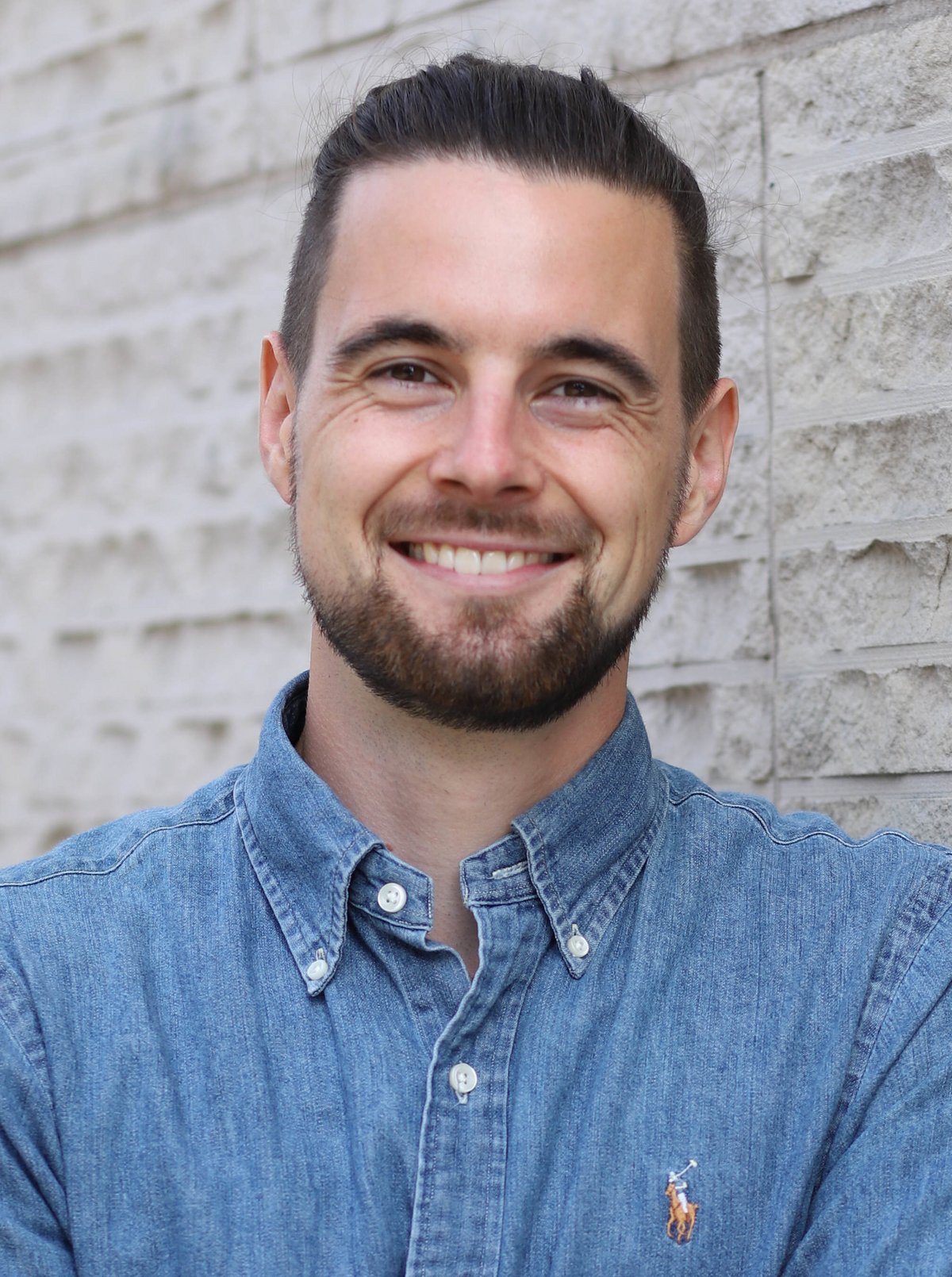
Timm Kühnel received his M.Sc. in Computer Science from the University of Münster in February 2022, with a focus on Computer Vision, Pattern Recognition and Machine Learning. He joined the MzH lab in March 2022 as a research associate with an option for a doctorate. His scientific interests are integration of single cell/nuclei data with spatial transcriptomics, machine learning and pattern recognition and more widely computer-aided advancement of medicine.
t.kuehnel(at)ukmuenster(dot)deSheng-Hsiang Shen

Sheng-Hsiang Shen received his M.Sc. in Medical Life Sciences from Christian-Albrechts-Universität zu Kiel in 2018. He is interested in neuroimmunology with a focus on meningeal immunity. In 2021, he joined the MzH lab and works on brain border tissues beyond the meninges.
sheng-hsiang.shen(at)ukmuenster(dot)deTechnical Assistants
Julia Tietz
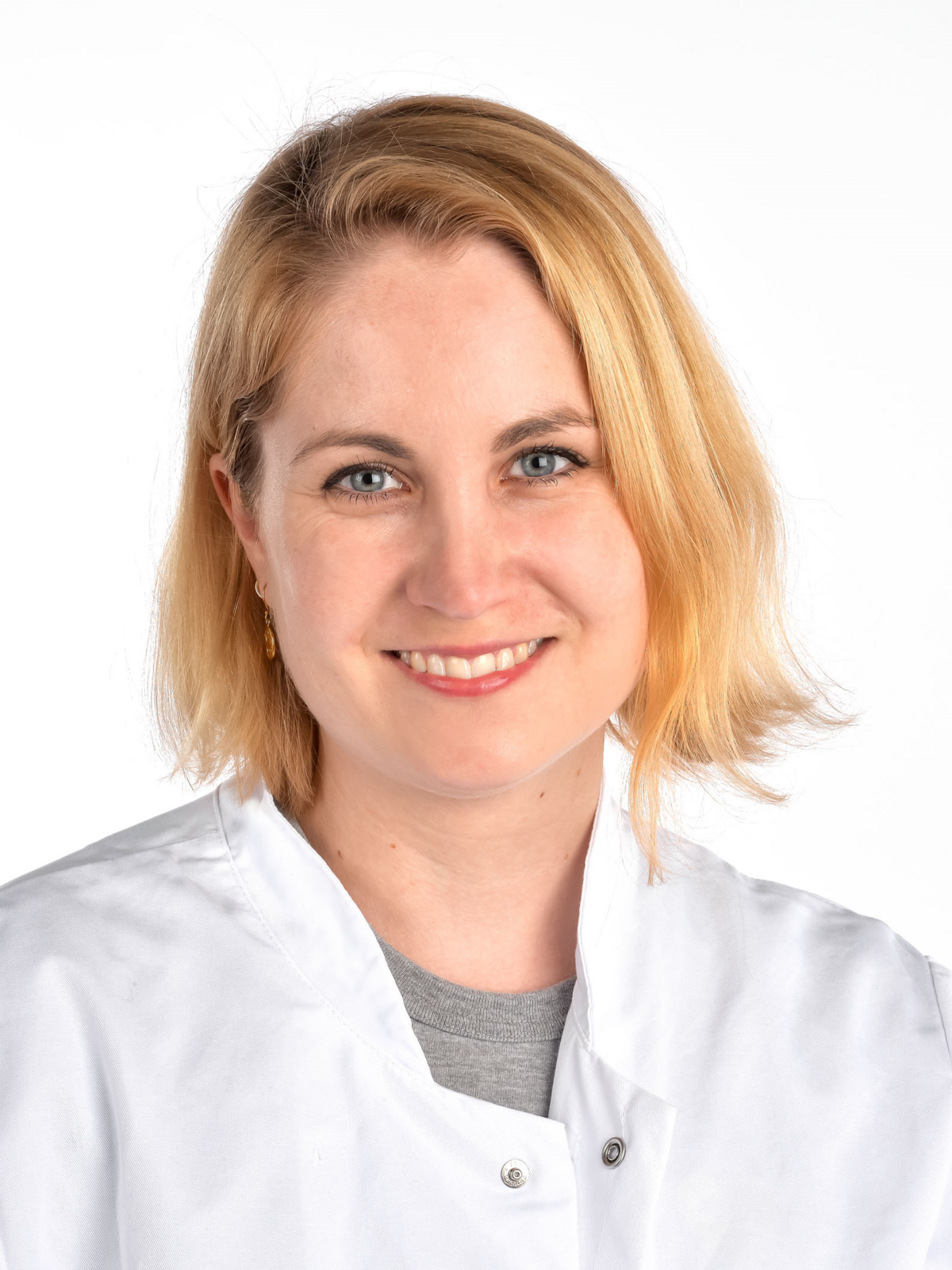
Julia Tietz completed her training as a biological-technical assistant at the Berufskolleg Olsberg. From 2006-2016 she worked for WWU at the Institute of Molecular Microbiology and Biotechnology. Then from 2016-2021 in an independent microbiology laboratory. She joined the Meyer zu Hörste research group in 2021. She supports the research group in sample processing and in method establishment for single cell RNA sequencing and other sequencing-related technologies.
julia.tietz(at)ukmuenster(dot)deStudent Assistants
Maja Meschnark
Sophie Linnenbaum
Fenja HornungAlumni
Previous Lab Members
2016 – 2018 Tobias Lautwein, PhD
2017 – 2021 Maike Hartlehnert, PhD
2017 – 2024 David Schafflick, PhD
2017 – 2024 Jolien Wolbert, PhD
2021 – 2024 Martin Häring, PhD
2021 – 2024 I-Na Lu, PhD
2022 – 2024 Pauline Laufer, MSc
2020 – 2023 Svea Haessner, MD

